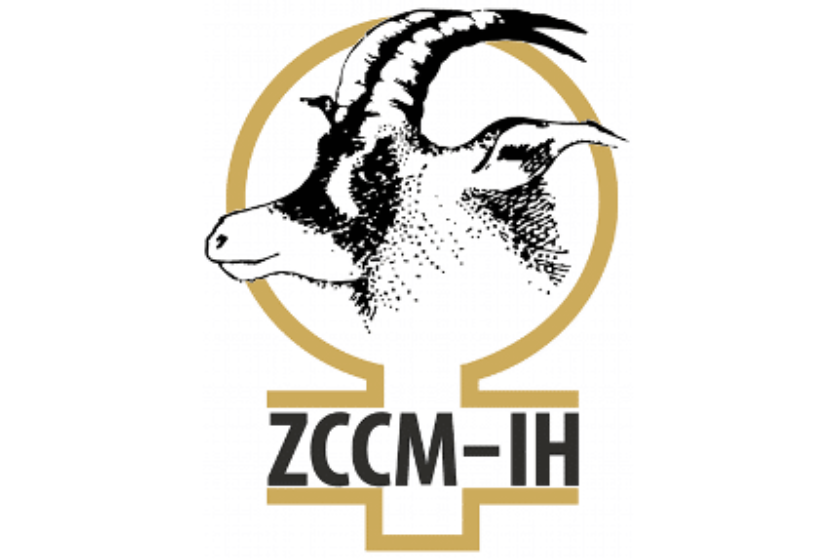The Company continued to be listed on the LuSE and has 50% direct shareholding in CEC Liquid Telecommunications Limited, a joint venture company registered and domiciled in Zambia. CEC Liquid Telecom wholly owns Hai Telecommunications Limited.
During the financial year ending 31st December 2016, adjusted EBITDA was K888.12 million (US$90 million) compared to K520.35 million (US$80 million) the previous period posting an increase of 12.5% average. The increase in adjusted EBITDA is attributed to increased power trading income and the aggressive cost management initiatives, which impacted positively on the results.
Revenue at K3,503.14 million (US$355 million) was equivalent to the revenue in 2015 despite a drop of about 15% in domestic power supplies which had an equivalent reduction in domestic power sales from K2,743.3 million (US$278 million) to K2,180.83 (US$221 million.)
The increase in power trading supplies resulted in an overall increase of 86% in power trading revenue, which compensated for the drop in domestic power sales. Overall, domestic power sales remain the prime revenue source contributing 62% of the total revenue down from 78% the previous year, with power trading revenue increasing from 18% the previous year to 34% of total revenue.
The demand for electricity is expected to increase following plans to ramp up production on account of NFCA’s South East body project, MCM’s Synclinorium and KCM’s Konkola Deep Mining Project.
CEC Liquid Telecom continues to outperform past financial and operational results. Revenue at K207.23 (US$21 million) grew at 17% while gross margin and EBITDA increased by 10% and 33% respectively. The above financials are based on consolidated results of CEC Liquid Telecom incorporating Hai. The company, during the year, secured long term funding to support its expansion projects; mainly new backhaul bandwidth fibre connecting Zambia to Botswana and Namibia. This enables the creation of a robust network, reinforcing the strategy of operating the Zambian network as a regional hub. Further, the business commissioned its first investment in LTE spectrum, a wireless solution for provision of connectivity solutions as an alternative to fibre solution. Further investments are planned in this area to grow the business and realize the expected market disruption.
Effective 30th December 2016, CEC Africa was separated from the CEC Group and is now a sister company to CEC Plc rather than its wholly owned subsidiary. At an EGM held on 9th December 2016, the shareholders, on the proposal of the board, resolved to dividend out CEC Africa as a distribution to the shareholders of CEC. Hence, a dividend in specie of CEC Africa from CEC Plc to its shareholders was made. The effect of that transaction is that both CEC Plc and CEC Africa are now held by the same shareholders. The action was premised on the assumption that shareholders must be allowed to measure the performance of the two entities separate from each other as they face very different risks, and to enable the shareholders retain any upside that may occur in CEC Africa in the future.
The future business outlook for CEC Plc is positive, with growth expected to be derived from the increase in local power supply demand arising from the commissioning of new mine projects currently under construction.
The positive outlook in the copper price demand forecast has further ignited mining activities in Zambia and the DRC, creating an opportunity for increased demand. Lastly, growth is expected to come from the strategy around power trading and focus on the DRC mining supplies market in addition to the support for industry-wide cost reflective tariffs.
During the year, the Company paid out two dividends to its ordinary shareholders, the first being a cash dividend of K161.84 million (US$16.4 million) paid in the first quarter of 2016. The second dividend was a dividend in specie of CEC Africa of K9.68 (US$1). This dividend was paid on 30th December 2016.
The CEC Board on Tuesday, 7th February 2017 recommended an interim dividend of US Cents 1.29 per ordinary share, which translates to 12.80 Ngwee (K0.1280) per share, using the Bank of Zambia mid-rate applicable on the date of declaration. The dividend was paid to the shareholders registered in the share register of the Company at the close of business on Friday, 3rd March 2017.
Download Full Report

